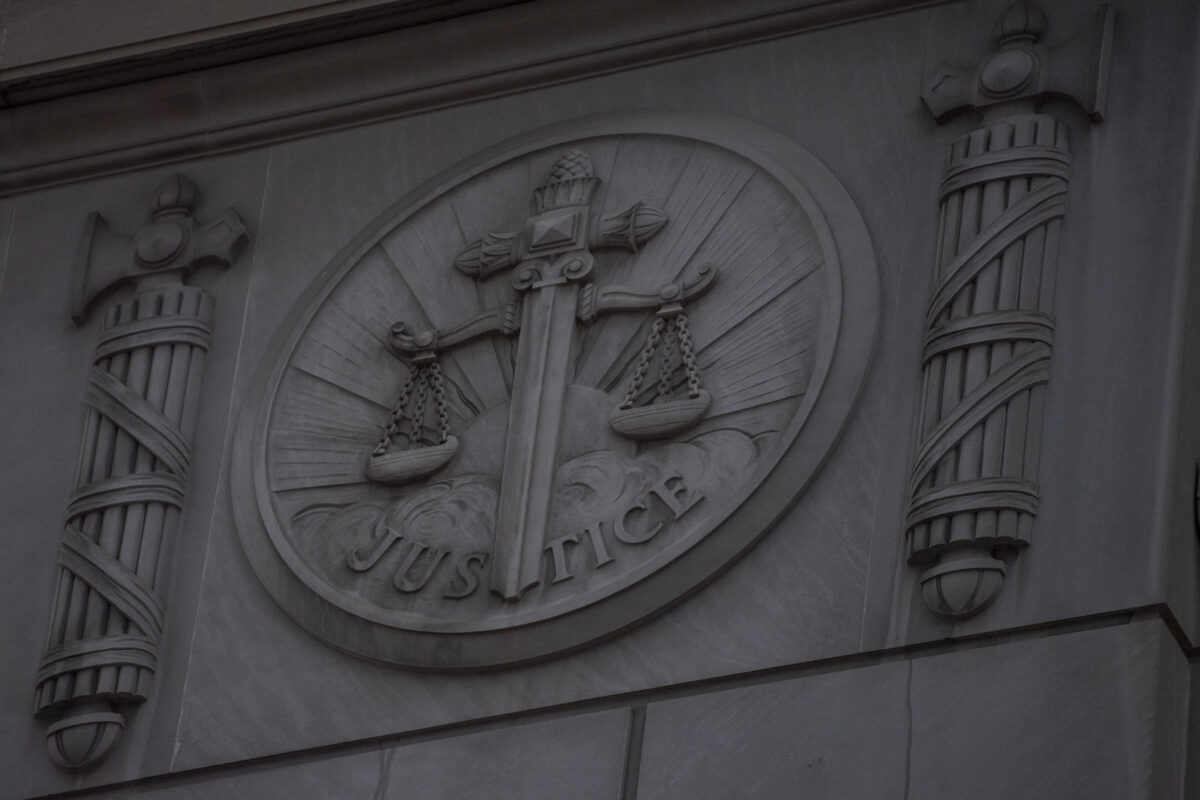A Pitt medical school cardiologist who wrote a controversial journal article three years ago attacking affirmative action in the cardiology field has sued his employers, UPMC and the University of Pittsburgh, over his claims that officials retaliated against him because of his views.
Norman Wang, who had brought a similar complaint in 2020, filed the suit in federal court on Tuesday, saying he was improperly removed from his position as director of the fellowship program in clinical cardiac electrophysiology. He also says his contacts and teaching duties have been improperly restricted because of what he wrote in violation of his civil rights.
The defendants are UPMC, Pitt and University of Pittsburgh Physicians.
Wang, who teaches at Pitt’s medical school, said faculty members and executives employed by the defendants “resolved and agreed to impose adverse consequences upon” him because of his journal article in 2020.
The claims are similar to those he raised in a 2020 federal suit against some of the same defendants and others, including the American Heart Association and Wiley Periodicals, which published his piece for the Journal of the American Heart Association. The journal later retracted Wang’s article, an action he said was the result of pressure from UPMC and Pitt officials who attacked him on Twitter and elsewhere.
That case is before U.S. District Judge Marilyn Horan, who referred it to a special master in February.
In the new suit, Wang and his lawyer repeat many of the claims.
Wang, who is ethnically Chinese, wrote a piece called “Diversity, Inclusion and Equity” that explored ethnicity in cardiology from 1969 to 2019.
The article ran in March 2020 and concluded that the cardiology field was violating federal law by essentially practicing reverse discrimination in recruitment, hiring and promotions.
“We will have succeeded when we no longer think we require black doctors for black patients, chicano doctors for chicano patients, or gay doctors for gay patients, but rather good doctors for all patients,” Wang wrote.
Four months later, doctors and others at Pitt, UPMC and UPP learned about the article and objected, then unleashed an attack on Wang to discredit him, according to the suit.
Samir Saba, the cardiology division chief at Pitt and co-director of the Heart and Vascular Institute at UPMC, and Kathryn Berlacher, the associate chief of education in the division of cardiology at Pitt and the program director for the cardiology fellowship program at the Heart and Vascular Institute, met with Wang. He told them that the selection processes for the medical education program at Pitt and the graduate programs at UPMC violated the law because of racial and ethnic preferences.
After that, according to the suit, Wang was removed from his directorship role.
Wang said Saba and Berlacher also changed the terms of his employment and prohibited him from having contact with medical students or anyone in UPMC’s fellowship programs.
Wang said employees and others connected to the defendants started attacking him in a public campaign to smear him by saying on Twitter that the article contained “blatant scientific falsehoods” and misquotes. After complaints to the journal, editors retracted the article in August 2020.
Wang said the defendants compounded the retaliation by “ostracizing” him in the hopes that he’d quit. The restriction against contact with medical students was later lifted, he said, but the other restrictions have remained, hurting him financially and professionally.
The suit is asking that he be reinstated with back pay, front pay and other damages. He also wants a declaration that the defendants have violated the Civil Rights Act of 1964 by removing him from the fellowship position.
Torsten covers the courts for the Pittsburgh Post-Gazette, but he's currently on strike. Reach him at jtorsteno@gmail.com.


